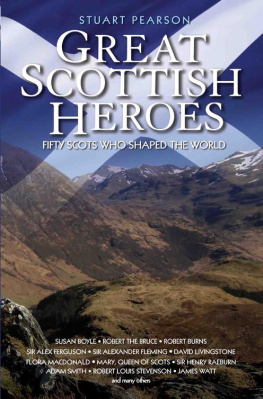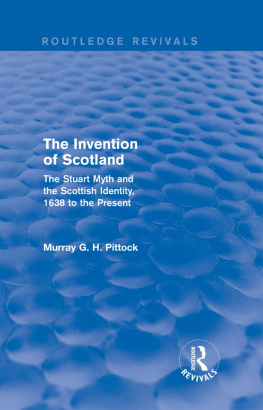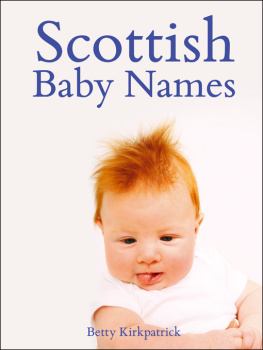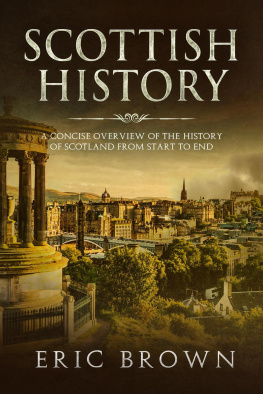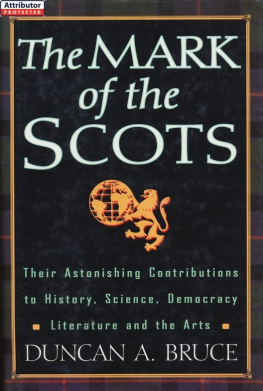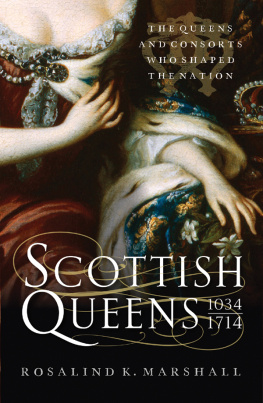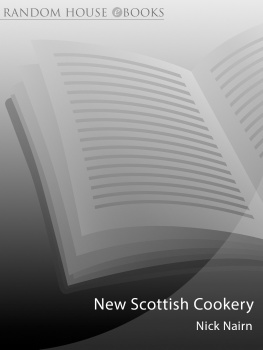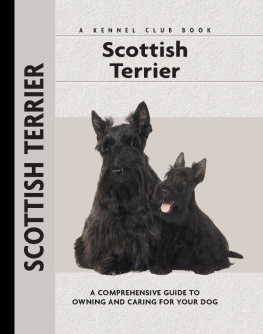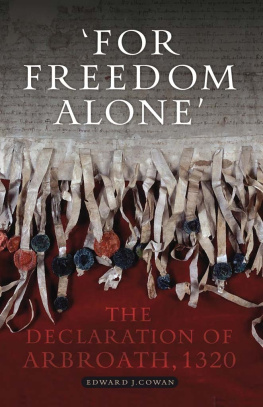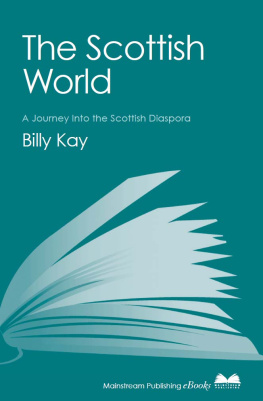W hen I was commissioned to write Great Scottish Heroes, the first two questions that sprang to mind were definitional. What defines being a Scot, and then, what does the word hero mean?
The first question can be answered fairly quickly and easily. In this book, a Scotsman or Scotswoman is defined by a persons birth or adoption. In other words, if a person was born in Scotland then they are automatically a Scot. If they were born elsewhere but had chosen to live in Scotland and adopt its culture, heritage, laws and customs, then they are a Scot by adoption. This last point is relevant for two of the people Ive included in my list of fifty great Scottish heroes; Joanne (J. K.) Rowling and Elsie Inglis. In the case of J. K. Rowling, she was born near Bristol in England but adopted Scotland when she took up residence in Edinburgh in 1993 though, in fact, her connections with Scotland go beyond residency: her mother was part Scots, Rowlings maternal great-grandfather having been born on the Isle of Arran.
Elsie Inglis was born in India during the time of the British Raj. Her father was in the employ of the Indian Civil Service (British India) and later the Chief Commissioner of the province of Oudh. Both parents were Scottish and when Elsies father retired, the family, including fourteen-year-old Elsie, returned to live in Scotland, specifically Edinburgh. With both women, I contend that even though they were not born in Scotland, they have adopted Scotland as their homeland.
The second definitional issue that needs to be addressed is the meaning of the word hero. The word has become much overused in modern society. When a sport star scores the match-winning goal or runs a personal best, that person is called a hero by the press and media. In artistic terms the hero is the central character in a story, play or film. When emergency workers in uniform save lives, the public often declare them to be heroes. In some countries it can also be the name of a sandwich!
But can an inanimate object, a character in a book and people merely doing the job they were trained and paid for, really be heroes?
According to the Collins English Dictionary a hero is a person who is idealised for possessing superior qualities in any field. The Oxford English Dictionary says, a person, typically a man, who is admired for their courage, outstanding achievements, or noble qualities. Finally the Macquarie Dictionary defines a hero as, a person of distinguished courage or performance.
From these three sources the common features are:
Courage + noble qualities = role model for others
I have tried to select men and women from Scotlands past and present who exemplify the characteristics of being courageous and having noble qualities. Synonyms that could be used interchangeably with courage and nobility would be influential, noteworthy, remarkable, outstanding, important, significant, memorable, striking, impressive, uncommon or exceptional. I hope that the fifty Scots I have chosen not only provide interesting reading, but also role models for people everywhere.
One more issue that must be addressed is the actual selection of the people who appear in the following pages. If people had to select their own list of fifty great Scottish heroes, I dare say there would be little unanimity. Everyone would have listed different names and no two lists would match exactly.
So it is for me. The fifty names I have chosen represent my choice and my choice alone. It was not forced on me, nor was it the work of a committee. If anyone takes issue with my selection, they are perfectly welcome to publish a list of their own!
In truth I could have picked a hundred great Scottish heroes, possibly even two hundred. There are so many Scots who have made significant contributions to the world that it is unfortunate such a large number must be omitted.
Scotland is a country about the same size as Serbia or the Czech Republic. It has a population similar to Singapores or Finlands. Yet it has produced as many Nobel Prize winners as South Africa, Belgium and Hungary, all of which have greater populations and a larger land mass.
Scotland is a small nation that punches above its weight in many fields of human endeavour, such as exploration, theology, science, philosophy, economics, medicine and the arts. Scotland has enjoyed and continues to enjoy a disproportionate influence over the rest of the world.
A large number of biographies in this book coincidentally fall within Scotlands golden age of progress, called the Scottish Enlightenment (approximately 17001800). During this 100-year period, Scottish thought, discoveries, courage, inventions and enterprise not only changed Britain, but also the world.
* * *
And what is there not to love about a country whose official animal is the imaginary unicorn and whose official flower is a prickly weed (thistle)?
S TUART P EARSON
MYTHICAL LEADER OF RESISTANCE TO THE ROMAN EMPIRE
N o statue exists for this person and no archaeological evidence has yet been found to confirm that he ever lived. His name only appears in one piece of ancient writing by Tacitus, the first-century Roman senator and historian. However, if Calgacus did not exist at all, what he represented was as real as if he had actually lived.
In AD 80 Gnaeus Julius Agricola, the Governor of the Roman province of Britannia, decided to invade and annex the land to the north of his territory in what is called Scotland today. Northern tribes beyond the border were raiding and plundering the newly conquered province of Britannia and threatening to undo much of the good work of Romanising and developing the province.
At this stage the Romans had been in Britain for only forty years and their control over the province was by no means assured. Just twenty years earlier Boudicca, warrior Queen of the Iceni tribe, had led a bloody revolt against Roman occupation that had almost caused Emperor Nero to abandon Britannia altogether. In order to secure a strong northern frontier, Agricola decided he must subdue these northern tribes, which were collectively called the Caledonii.
Leading an army of some 10,000 legionnaires, 8,000 auxiliary infantry and 3,000 auxiliary cavalry, Agricola marched north from Eboracum (modern-day York) building forts and roads as he went. Meanwhile, the Roman fleet was sent ahead to raid the coast and provide supplies. Agricola was determined to do a thorough job, so he designed the campaign to take years, not months. If successful, he might even earn great honour back in Rome by subjugating the barbarian north and adding a new province to the Empire.
While he was finalising his plans to conquer the last remaining parts of mainland Britain (and some say the surrounding islands known today as the Hebrides), he fought many small battles to subdue the tribes of the Scottish Lowlands. The route he pioneered through Scotland was so cleverly chosen that numerous southern invaders would also choose this course during their campaigns in Scotland for the next 1,500 years.
One site, a Roman fortress at Inchtuthill, Perthshire was used as the advanced headquarters for Governor Agricola in his campaign against the Caledonii. It housed over 5,000 soldiers and covered such a large area that, had the occupation continued, Inchtuthill (known by the Romans as Pinnata Castra, or Fortress on the Wing) may have grown to become the Roman capital of a new Scottish province, called Caledonia.
Eventually by AD 83 Agricola had reached the River Tay, which one first-century Roman commander described as where the world and all created things come to an end. North of this region, the Roman general found increased resistance from a large confederation of tribes that were ably led by a man called Calgacus.

